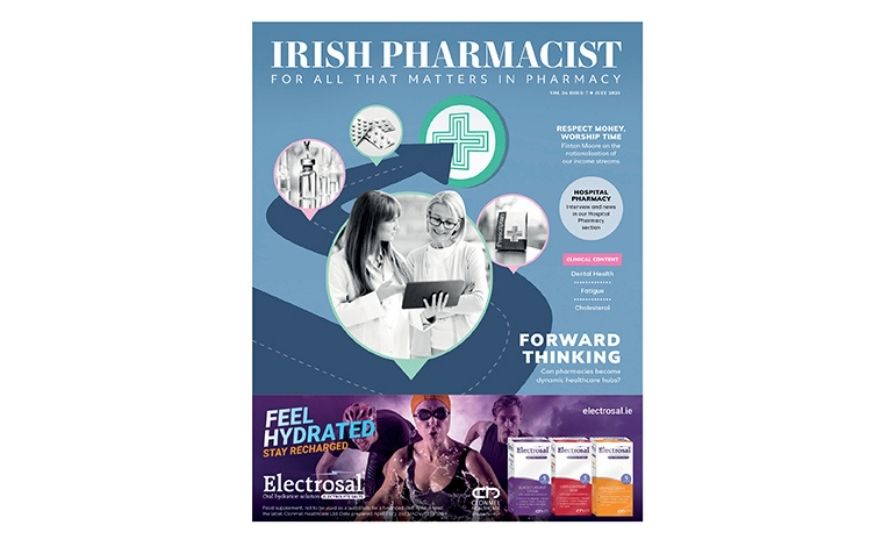Life-saving rehabilitation for cardiac patients is in “absolute crisis” and no hospital in Ireland has a full team in place to help them recover, the Irish Heart Foundation has warned. The cardiac rehab (CR) waiting list for heart attack, stroke and heart failure patients has exceeded 2,800 — a 54 per cent increase since 2013 — while staffing levels have plummeted by 40 per cent. The vital service is now being treated as an ‘optional add-on’ in hospitals, according to the charity, which uncovered the statistics in joint research with the Irish Association of Cardiac Rehabilitation (IACR).
“This service was considered world-class in 2005, but it’s now in absolute crisis,” said Dr Angie Brown, the Irish Heart Foundation’s Medical Director.
“HSE recruitment embargoes and chronic under-investment have stripped it bare. Nurses are being transferred to other work and not being replaced and even though it’s an essential service, none of our hospitals have all the expertise in place to deliver high-quality cardiac rehabilitation.”
The research also showed that 77 per cent of centres closed during the pandemic — most of them for over 12 weeks, despite the fact that CR reduces heart disease deaths by around 20 per cent. Properly-resourced CR is delivered through a dozen different disciplines, ranging from specialist nursing staff, to pharmacists, physiotherapists, occupational therapists, smoking cessation specialists and cardiologists. A core element is monitored exercise training, which helps patients get physically active again.
Psychological support also drives the improvements achieved by CR, but the data shows that only seven of the 35 cardiac rehabilitation centres surveyed have access to a psychologist. Twelve centres surveyed did not have a physiotherapist. Since 2010, the number of medical directors in the programme has fallen from 38 to 21, CR co-ordinators from 38 to 31, and dietitians from 36 to 24. Thirty-three cardiac rehabilitation centres are missing four or more key staff and since 2013, cardiac specialist nurses from 11 centres were transferred to other duties.
In addition, 40 per cent of patients are waiting at least three months for CR, when they should be starting courses weeks after hospital discharge. One patient who knows value of the service is Dubliner Mr Noel Flannery, 52, who had seven stents inserted following a heart attack in March 2020. The father-of-two said he went to a “dark place”, struggling to understand why it happened to him, given his active lifestyle as a member of Cabra Kayak Club.
However, he was able to access pharmacists to advise him about medication, physio, dietitians and a psychologist at a cardiac rehabilitation centre at the Mater Hospital.
“It was absolutely brilliant. It was an eight-week course, two days a week and I’d be 100 per cent behind it.”
Dr Brown says the service is a lifeline for people dealing with the physical and psychological impacts of heart attacks.
“The number of patients going in is rising, but staffing is down 40 per cent. Lack of investment also creates a false economy, as the failure to provide a full range of care is impacting on patients who are more likely to end up back in hospital for treatment.”







